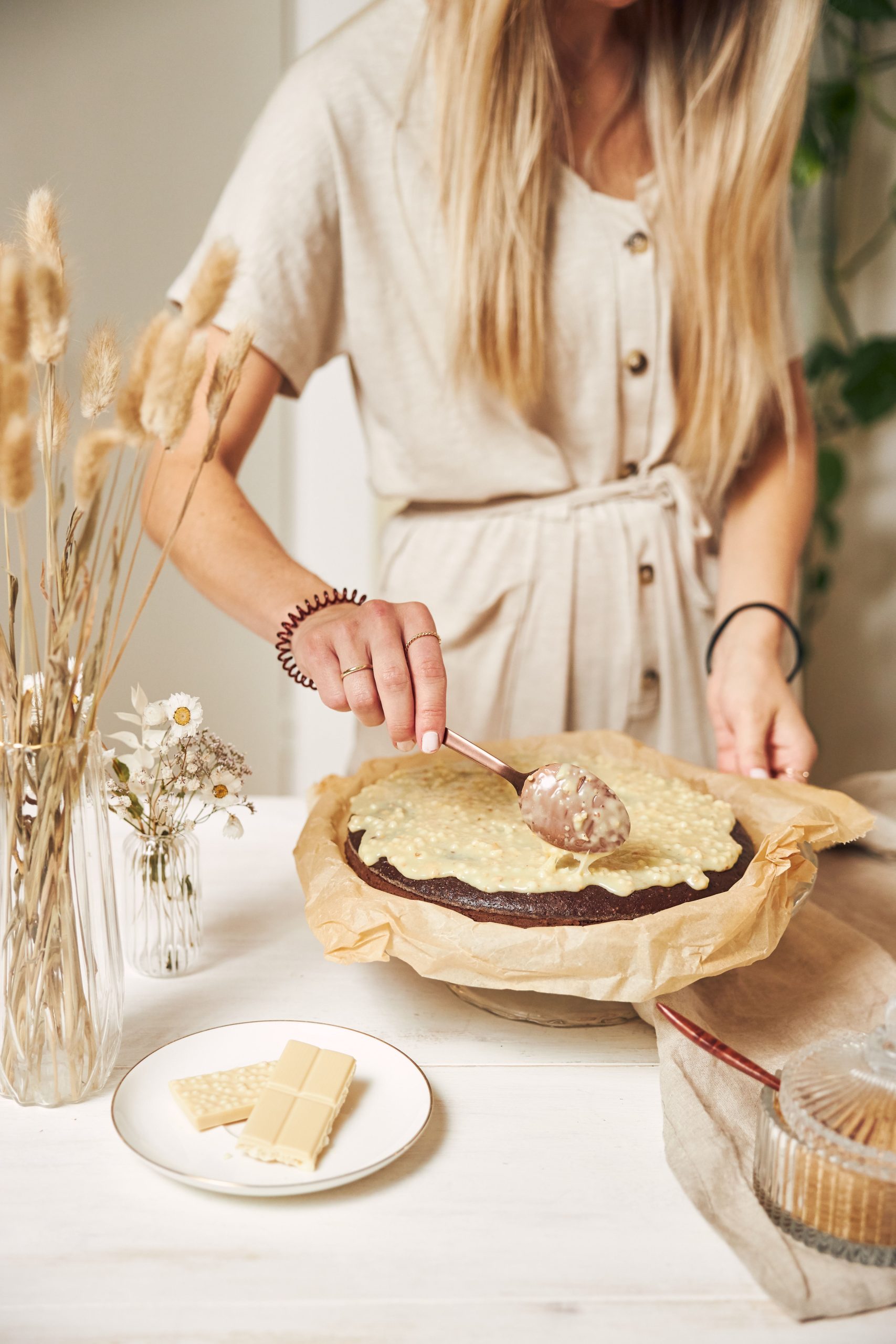Starting your gluten-free baking journey can feel overwhelming. You’re navigating new ingredients, unknown textures, and learning to create baked goods that taste just as good — if not better — than traditional ones. Whether you’re gluten-intolerant, have celiac disease, or simply trying a gluten-free lifestyle, this guide will help you bake with confidence.
In this article, you’ll learn key gluten-free baking tips for beginners, recommended tools, and essential ingredients. We’ll also link to must-have gluten-free baking products on Amazon to get you started quickly.
Why Gluten-Free Baking is Different
Gluten is a protein that gives structure and elasticity to baked goods. When removed, you need to replicate that structure using alternative flours, binders, and techniques. This is why a direct flour swap rarely works.
🎯 Tips & Tricks for Gluten-Free Baking Success
1. Use a Gluten-Free Flour Blend
Don’t try to mix a bunch of flours when you’re starting out. Opt for a pre-mixed gluten-free flour blend that includes starches and binders (like xanthan gum or guar gum). These blends are designed to mimic all-purpose flour.
Affiliate Product:
👉 Bob’s Red Mill Gluten Free 1-to-1 Baking Flour – Buy on Amazon
Low Competition Keyword: best gluten-free flour for cookies
2. Let the Batter Rest
Many gluten-free batters benefit from resting 20–30 minutes before baking. This allows the flours to hydrate properly, improving texture and reducing grittiness.
3. Weigh Your Ingredients
Volume measurements can be inconsistent, especially with gluten-free flours. A digital kitchen scale ensures accuracy.
Affiliate Product:
👉 Nicewell Digital Food Scale – Buy on Amazon
Low Competition Keyword: best kitchen scale for gluten-free baking
4. Don’t Overmix (Unless You Should)
In wheat baking, overmixing can cause toughness. In gluten-free baking, some mixing actually helps to incorporate ingredients evenly. It’s a balancing act: mix until smooth but not excessively.
5. Use the Right Binders
Without gluten, you need something to hold your baked goods together. Use ingredients like:
- Xanthan gum
- Guar gum
- Psyllium husk powder (great for breads)
If your flour blend doesn’t include a binder, add 1 tsp per cup of flour.
Low Competition Keyword: xanthan gum vs guar gum in baking
6. Moisture is Key
Gluten-free baked goods tend to dry out faster. Combat this by:
- Adding an extra egg
- Using yogurt or applesauce
- Baking with high-moisture ingredients like bananas or zucchini
7. Invest in Non-Stick Bakeware
Sticky batters can lead to crumbled results. Use silicone muffin pans or line your trays with parchment paper.
Affiliate Product:
👉 Silicone Muffin Pan – Buy on Amazon
8. Test & Adjust Your Oven
Gluten-free goods can be temperamental. Consider baking at a slightly lower temperature (5–10°F less) and monitor doneness with a toothpick.
🍪 Recommended First Recipes
Start with these beginner-friendly recipes:
- Gluten-Free Banana Bread – forgiving, moist, and easy
- Almond Flour Chocolate Chip Cookies – rich flavor, simple steps
- One-Bowl Gluten-Free Muffins – great for batch prep
Read Also: Top 5 Easy Gluten-Free Recipes for Beginners (soon)
🛠️ Essential Tools for Gluten-Free Baking
| Tool | Why It’s Important |
|---|---|
| Digital Scale | Accurate flour measurements |
| Silicone Molds | Non-stick, flexible for delicate bakes |
| Stand Mixer | Helps evenly mix thicker batters |
| Cooling Racks | Prevents sogginess post-bake |
❓ FAQ – Gluten-Free Baking for Beginners
Q1: Can I just substitute gluten-free flour 1:1 in any recipe?
Not always. Some recipes need more moisture or binders. Use recipes specifically written for gluten-free blends.
Q2: Why is my gluten-free bread dense?
It could be due to too much flour, lack of a binder, or insufficient rise time.
Q3: How do I store gluten-free baked goods?
Freeze extras or store in airtight containers. They dry out faster than regular baked goods.
Q4: What’s the best gluten-free flour for beginners?
Bob’s Red Mill 1-to-1 or King Arthur Measure for Measure are great starters.
Q5: Do I need xanthan gum in every recipe?
Only if your flour blend doesn’t include it. It acts as a glue to hold the structure together.
🔗 You Might Also Like
- How to Make Gluten-Free Bread That Actually Rises (soon)
- Top Gluten-Free Pantry Staples You Should Always Have(soon)
- Best Dairy-Free Substitutes for Baking(soon)
🧁 Final Thoughts
Gluten-free baking doesn’t have to be intimidating. With the right tips, tools, and a little patience, you’ll be creating delicious, fluffy, and satisfying treats in no time. Start simple, follow trusted recipes, and remember: every great baker began as a beginner.
Ready to bake? Pick up your starter flour blend and essential tools today!

Leave a Reply